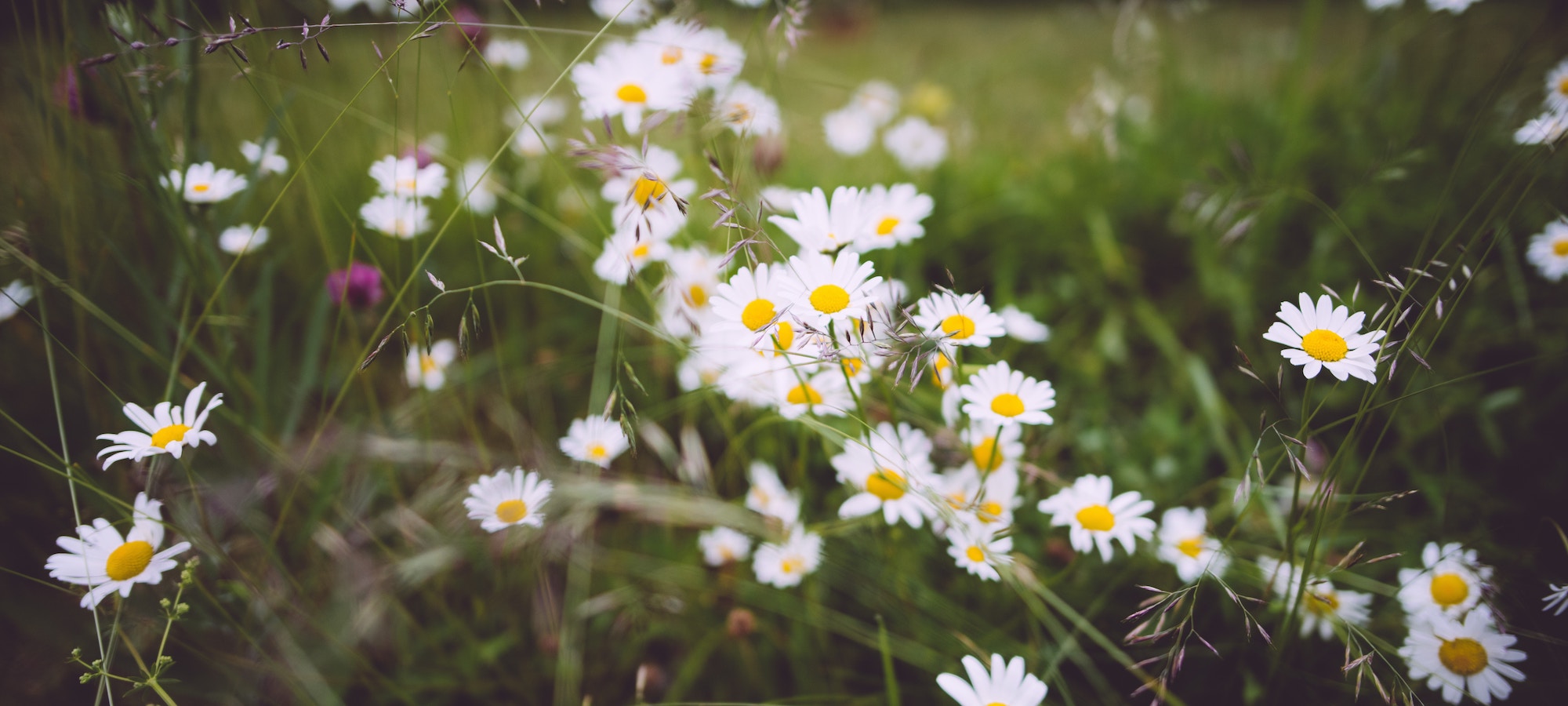I have over the last years reconsidered my relationship to hope. I used to think hope was what kept me going. A necessity. And when I once in a while lacked hope I lost my energy and sense of direction. Until hope once again arrived.
Today I have no hope. And have a better and more fulfilled life. Quite a paradox.
What I do have is convictions, learnings, and visions. And capacity. And responsibility. And will. And acceptance, compassion and love.
I also have lost despair. What I have is life. My life is best lived in the present. Living in future and in the past with hope and despair has mostly brought me unhappiness.
I have come to realise that hope puts our fate outside ourselves. Hope is an emotional expression that something outside ourselves will sort itself out in the future. And make our life/lives better. The fallacy of this is that instead of strengthening us, hope makes us powerless and puts us in the hands of others. Hope puts our faith and expectations in leaders, groups, or communities. Not in ourselves. It also generates a lot of disappointment, because hopes so often don’t materialize.
Sure, we humans need to collaborate, but my point here is what mindset we chose to have when we collaborate. I’m suggesting that hope is something rather useless and meaningless that we should rid ourselves of. And instead dig into whatever current realities that concern us with presence and openness. We get the outcomes we get as a result of what is there and what we put in. Outcomes are neither good nor bad, fair or unfair, just consequences. This way one shouldn’t get disappointed and can find more fulfilment in the work itself, and the relationships with our collaborators. And in the long run most probably get more and better work done.
This talk by Alan Watts captures this theme much better than I ever can. I suggest you listen if you are curious to explore hope more.
